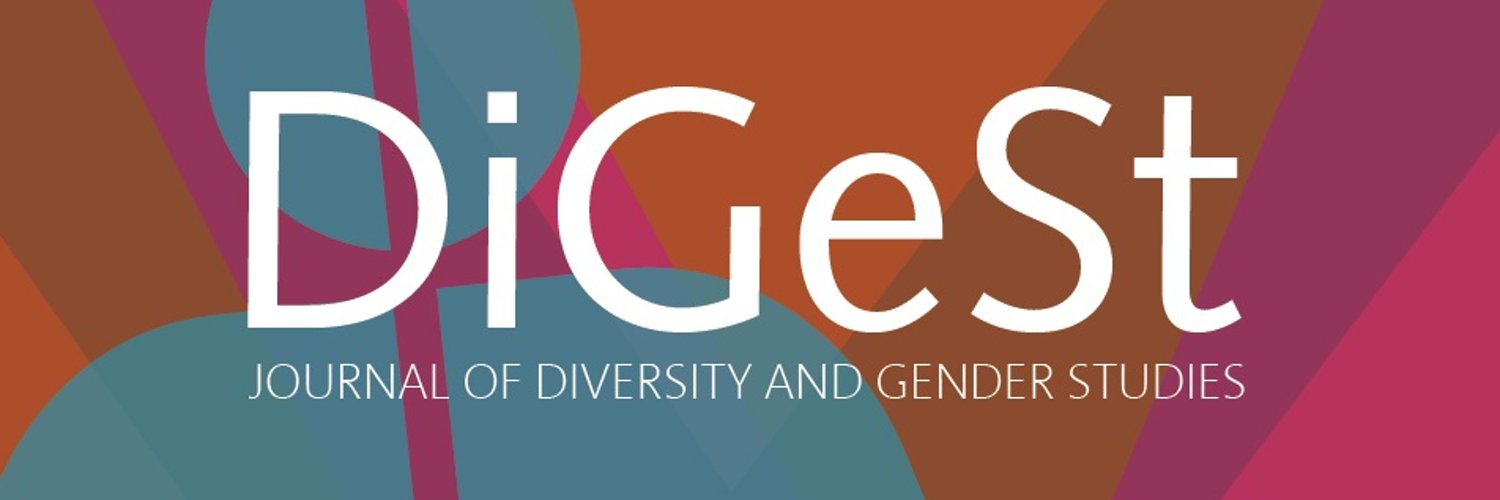Tsing, A. (2015). The Mushroom at the End of the World: On the Possibility of Life in Capitalist Ruins. Princeton: Princeton University Press. Review by Sarah Postema-Toews
Abstract
Anna Lowenhaupt Tsing opens her book by discussing the enlightenment paradigm that relegated nature as passive background and resources for humans to extract and profit from. She states that previously it was mainly non-western storytellers who explored the realm of interconnection between all beings, human and non-human alike. This notion of ‘interspecies entanglement’ has become a growing topic within contemporary biological research thus destabilising modernist assumptions that place humans at the forefront of knowledge and perceived value (Tsing, 2015, p. vii).
How to Cite:
Postema-Toews, S., (2024) “Tsing, A. (2015). The Mushroom at the End of the World: On the Possibility of Life in Capitalist Ruins. Princeton: Princeton University Press. Review by Sarah Postema-Toews”, DiGeSt - Journal of Diversity and Gender Studies 11(1), 114-116. doi: https://doi.org/10.21825/digest.90469
Downloads:
Download PDF
View PDF
586 Views
84 Downloads
